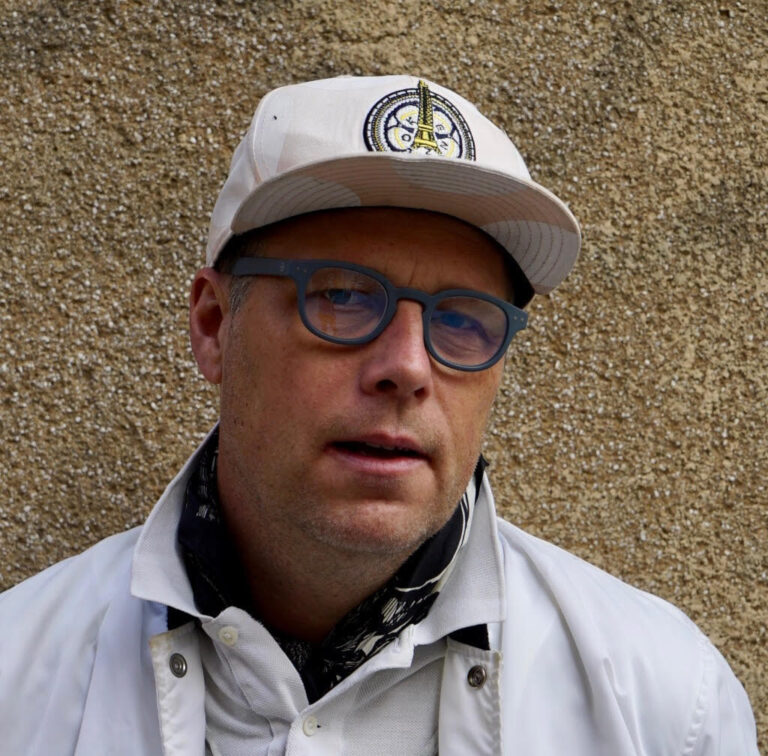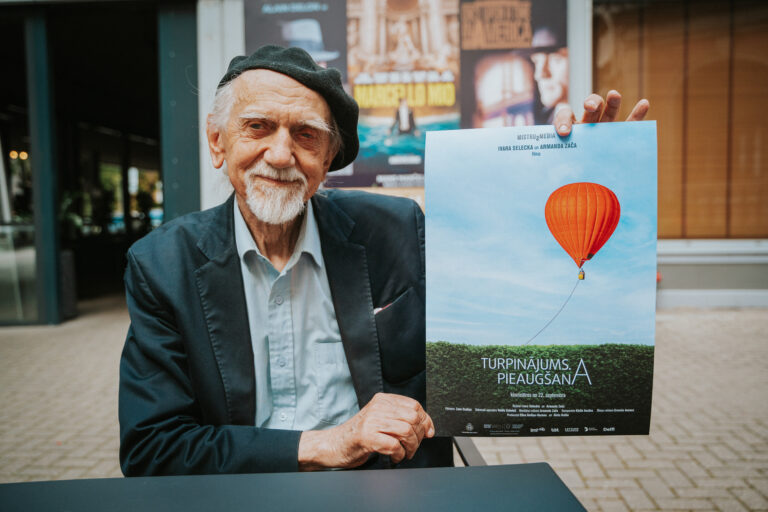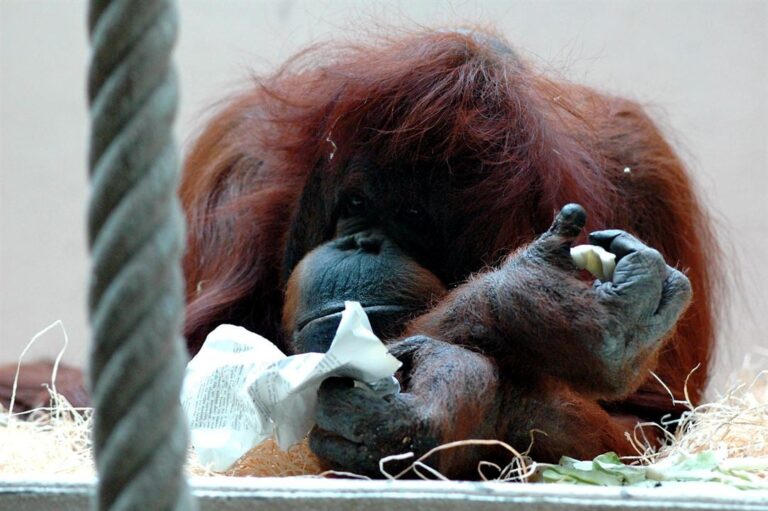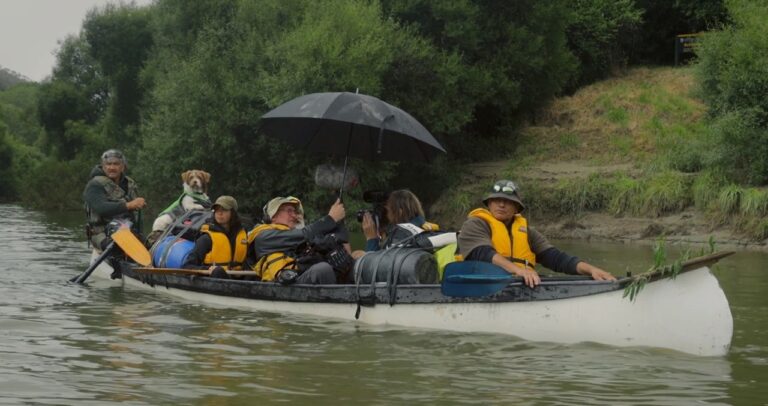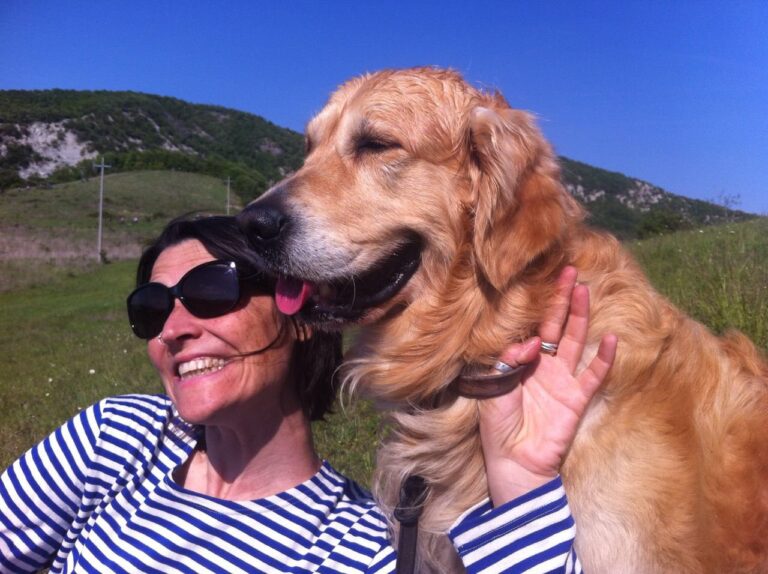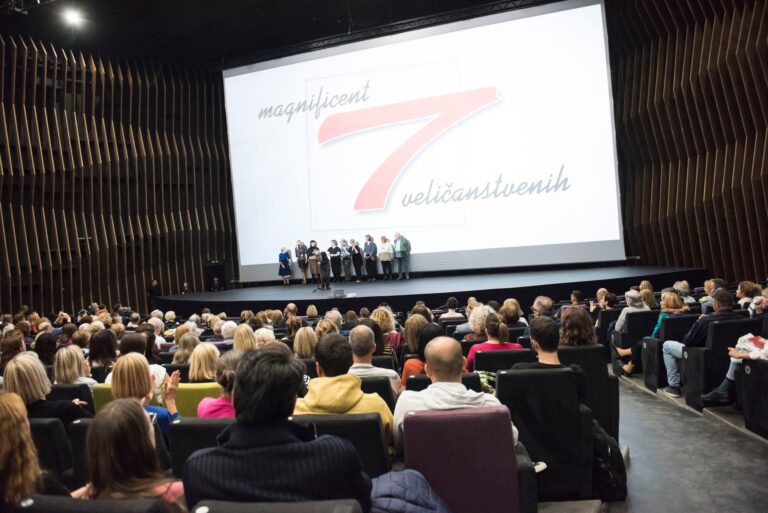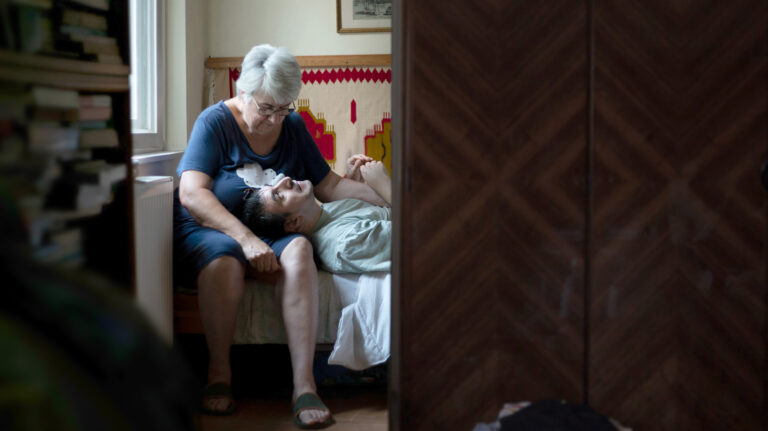


Ivars Seleckis 90 Years/ 2
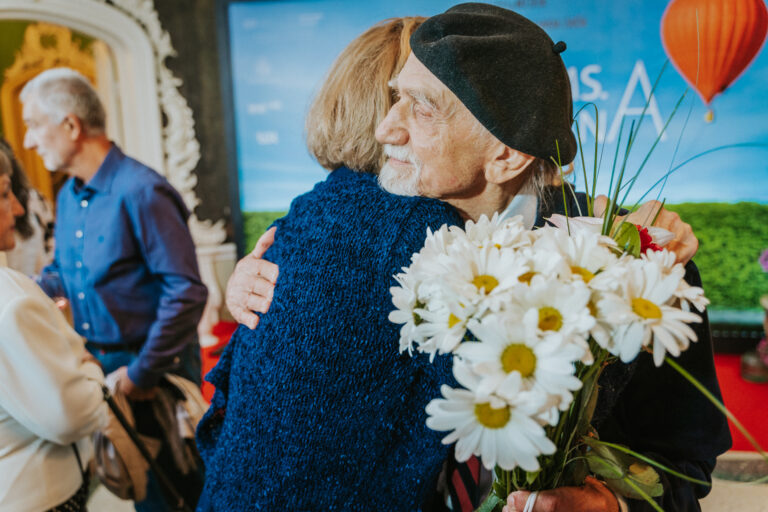
Lovely to have a correspondent who was at the celebration of legendary master of Latvian documentary Ivars Seleckis at his Birthday feast and the premiere of “To be Continued. Teenhood”. I wrote words to Ivars here https://filmkommentaren.dk/ivars-seleckis-90-years-old/
In that text I mention Lelda Ozola several times as one who has known Ivars for decades so she was the right one for me to ask to give her impressions. As she does below and in an accompanying letter she writes: “… Of course, all evening I was thinking of the moment I got to know Ivars more personally – back in 1997 during the first Baltic Sea Docs edition when he was pitching “New Times at Crossroad Street” and could not get the video (VHS!) to play … Time flies…” Indeed, it was on Bornholm, where it all began…
Dearest Tue,
“The evening went very well – Ivars is amazing – in super good form mentally, physically and verbally. It’s really enviable – his energy seems not to shrink at all!!! We are all very happy about him and also very proud of him. He told he has had a very intense week prior to the premiere and now he felt that everything had ended. We told him that everything just starts with the film’s journey to the audience. And he agreed 😊 And then he said that he feels huge responsibility towards his heroes and that maybe some of them feel that they haven’t been depicted as they thought they will or that they have much less screen time than they thought – but also that is only natural. However his awareness of this and compassion was admirable.
I hope he has a good rest today (yesterday) and can reflect on the stormy yesterday and be in absolute bliss. It was a really festive feeling – the whole audience of Splendid Palace (the cinema in Riga) singing a birthday song to him…”
Thank you so much Lelda and to all those, who arranged the birthday party for the grand old man – Mistrus Media, Elina, Gints, Inese, Darta… On their FB – https://www.facebook.com/MistrusMedia – you can find a lot of photos from the event in Splendid Palace, the birthday celebration and the premiere of the film that Ivars did in collaboration with Armands Zacs.
The photo – Lelda Ozola hugging Ivars Seleckis on the 22nd of September 2024.
